HAN LAB
Neuroscience and Behavioral Genetics Lab
Our lab uses the powerful genetic model Drosophila melanogaster, aka fruit fly, to investigate the neurobiological basis of behavioral control and plasticity such as learning, memory, addiction and dementia.

OUR GOALS
The overarching goal of our research is to identify the mechanism by which neuromodulators (monoamines and acetylcholine) control diverse behavioral plasticity and physiology with focus on molecular components, cellular networks and neural circuits.

Learning & Memory

Inhibitory Control
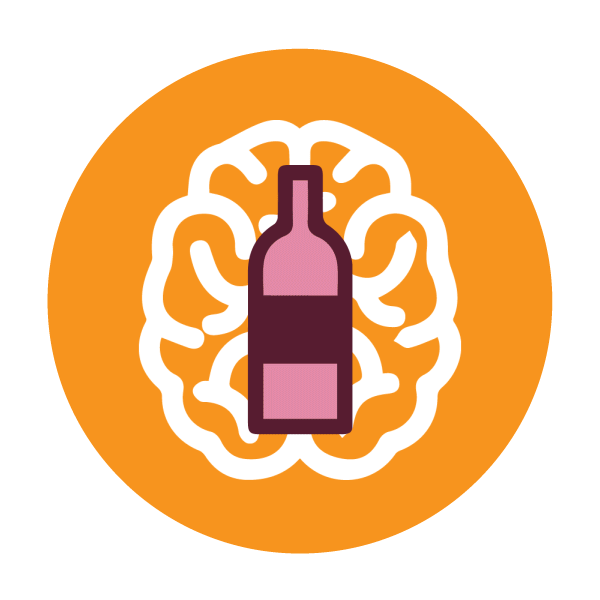
Alcohol Abuse & Addiction

Reproduction

Aging & Dementia
KEY RESEARCH QUESTIONS

How are natural stimuli (e.g. food)-and drug-induced (e.g. alcohol) memories formed and maintained?

What are the distinct features of reward vs. aversive memories?

Are active vs. passive memories formed by similar mechanisms?

Do the memories of olfactory versus visual information involve distinct key players?

Why does alcohol intake cause cognitive and motor impulsivity?

What are the genetic risk factors for dementia?

How do social and environmental factors affect behavioral inhibition?

How do social and environmental factors affect neurodegenerative diseases such as Alzheimer's disease and related dementia?
SIGNIFICANCE OF OUR WORK
Abnormal dopamine and norepinephrine (mammalian homolog of octopamine) functions underlie ADHD, autism spectrum disorder, schizophrenia, drug abuse/addiction and Parkinson’s disease while acetylcholine is associated with Alzheimer’s disease and other dementias. Our lab research contributes to better understanding of their pathogenesis mechanisms and interventions.
WHY FRUIT FLY

Drosophila is a powerful model organism for the study of human brain and diseases as well as for multidisciplinary research training and education due to:
Advanced Genetics & Database, Powerful Resources & Tools!
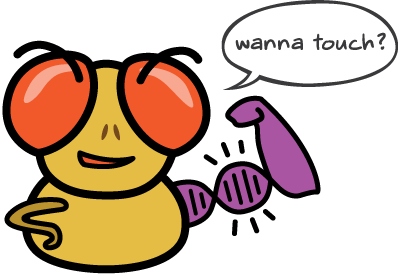
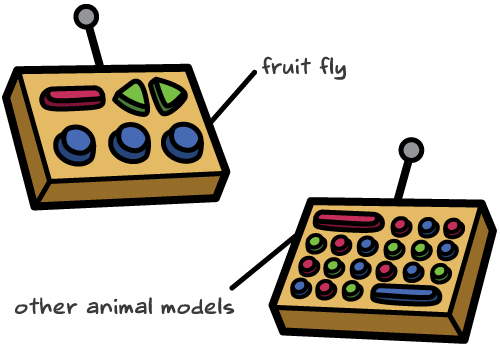
Fewer Functional
Redundancies!
Remarkable Functional
Conservation!

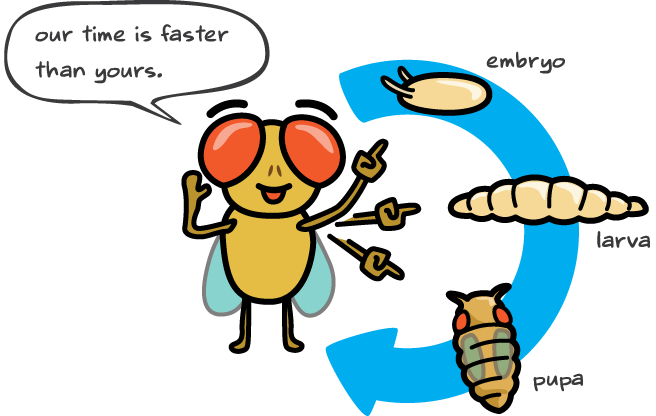
Short Life Cycle
(~12days).
Relatively Inexpensive..

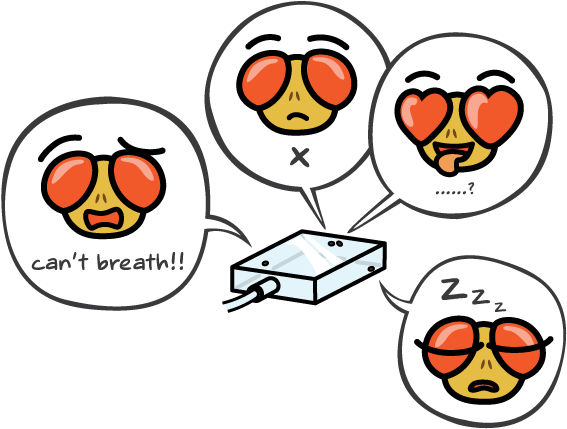
Diverse Behavioral
Repertoire!
Simple Nervous System!

CURRENT RESEARCH PROJECTS
Neurobiology of Behavioral Control
A person’s ability to regulate their behavior is essential to carry out goal-oriented tasks. Deficits in behavioral control are seen in individuals with attention deficit hyperactivity disorder (ADHD), addiction and dementia. Using the fruit fly model, we are uncovering the mechanism underlying behavioral control and exploring how genetic along with non-genetic (for example: abnormal sleep or social stress) factors impact this process.
Acetylcholine in Aging-related Brain and Behavioral Changes
Aging is a major risk factor for neurodegenerative disorders like Alzheimer’s disease and other forms of dementia. Our primary goal is to learn how the brain changes with aging and whether acetylcholine is involved in this process. We also explore aging-associated impairments in behavioral control and memory.
Impact of Gene-environment Interaction on Alcohol Responses
Social and solitary drinking seem to elicit distinct-responses. Our aim is two-fold: (1) to clarify whether and how distinct social settings during alcohol consumption impact behavior; and (2) to explore the interplay between the dopamine system and social context for alcohol-associated behaviors.
A Drosophila Model of Charcot-Marie-Tooth Disease
Charcot-Marie-Tooth disease type 2F (CMT2F) is a genetic disorder that disrupts the structure and function of the peripheral motor neurons axons causing anomalous motor control, muscle weakness and loss of muscle mass. We are developing a Drosophila model to better understand how HSP27 mutation leads to the development of CMT2F.
support us
If you would like to support our work on the neurobiology of behavioral plasticity and our mission to increase diversity in scientific research, please contact Dr. Han.







